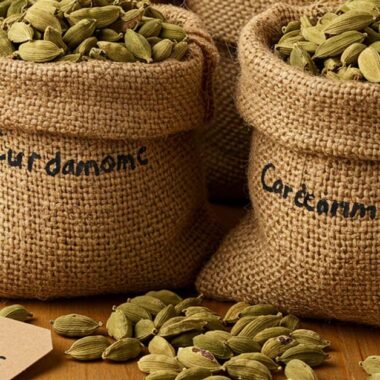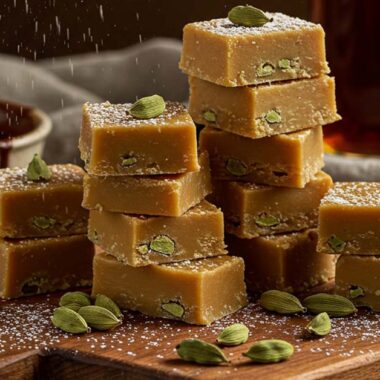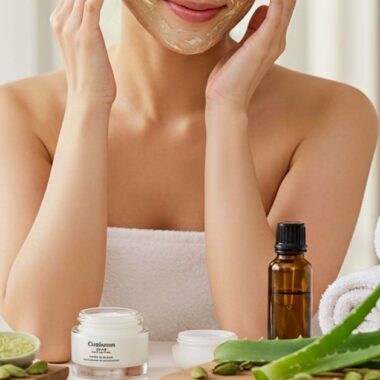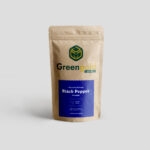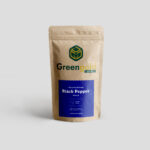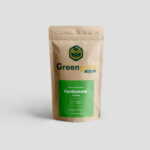Cardamom, often called the “Queen of Spices,” is not just a fragrant addition to your favorite dishes—it’s a powerful natural antimicrobial agent! 🛡️✨ For centuries, it has been used in traditional medicine to fight infections, and modern science is now confirming its ability to combat harmful bacteria, fungi, and even foodborne pathogens.
Let’s dive into the fascinating world of cardamom’s natural germ-fighting abilities! 🔬👇
🏥 1. Cardamom vs. Bacteria: Nature’s Antibiotic?
Cardamom contains potent compounds that can inhibit the growth of harmful bacteria, including those responsible for oral infections, food poisoning, and skin conditions.
🦠 Studies have shown that cardamom extracts can effectively fight bacteria such as:
✔️ E. coli – A common cause of foodborne illnesses 🤢
✔️ Listeria monocytogenes – A dangerous bacteria found in contaminated food ❌
✔️ Staphylococcus aureus – Responsible for skin infections and food poisoning 😷
✔️ Salmonella – A leading cause of food poisoning 🚫
Its antibacterial properties make cardamom a great natural food preservative and a potential ingredient in oral hygiene products! 🦷💚
🍄 2. Cardamom’s Antifungal Properties: Stopping Yeast & Mold
Cardamom doesn’t just fight bacteria—it also inhibits fungal growth, making it a valuable natural remedy against yeast infections and mold-related illnesses.
💡 Research has found that cardamom essential oil is effective in controlling fungal infections, including:
✔️ Candida albicans – A common cause of oral thrush and yeast infections
✔️ Mold and mildew – Can contaminate food and cause respiratory issues
✔️ Skin fungi – Linked to conditions like athlete’s foot and ringworm
With its strong antifungal activity, cardamom could be a natural alternative to chemical-based antifungal treatments! 🌱✨
🔬 3. How Does Cardamom Kill Microbes? The Science Behind It!
The secret behind cardamom’s antimicrobial powers lies in its rich phytochemical composition. Some of its key active compounds include:
✔️ α-Terpinyl acetate – Breaks down bacterial membranes 🛡️
✔️ 1,8-Cineole – Prevents bacteria from forming colonies 🦠
✔️ Linalool & Linalool acetate – Disrupts microbial growth 🌱
These compounds damage the cell walls of harmful microbes, stopping them from multiplying and causing infections. Cardamom is also known to disrupt biofilm formation, which helps bacteria resist antibiotics! 🚑💥
🌿 How to Use Cardamom for Its Antimicrobial Benefits
Want to make the most of cardamom’s germ-fighting properties? Here are some simple ways to incorporate it into your daily routine:
✅ Add cardamom pods or powder to tea, coffee, and meals ☕🍛
✅ Chew cardamom pods for natural oral hygiene and fresh breath 🦷
✅ Use cardamom essential oil (diluted) in homemade cleaning solutions 🏠🛁
✅ Sprinkle cardamom powder on food to help preserve freshness 🍲
💚 Discover the Purest Cardamom Today!
Why not experience the powerful antimicrobial benefits of premium-quality cardamom? 🌱✨
🌟 Shop now at Greengold Guide and bring the Queen of Spices into your home today! 👑💚

